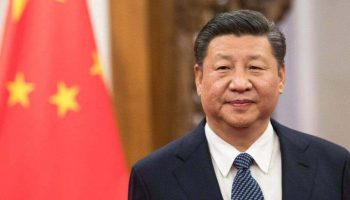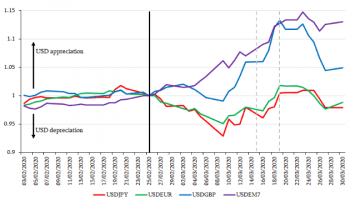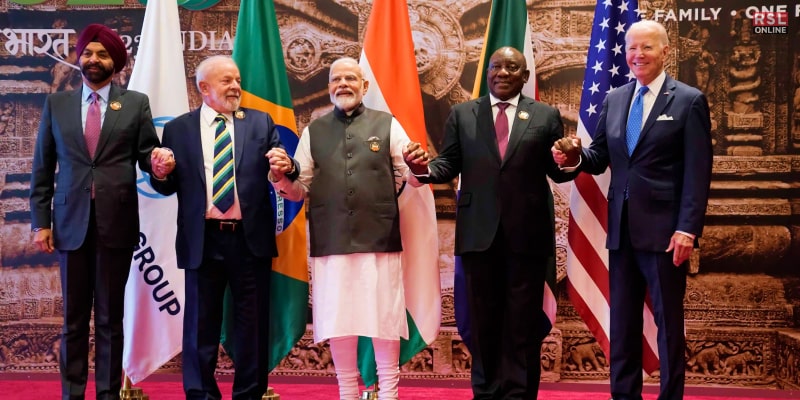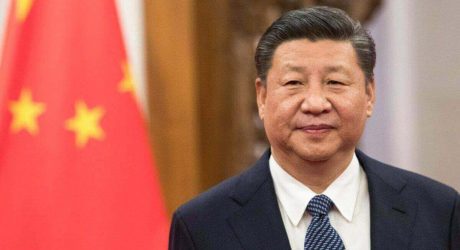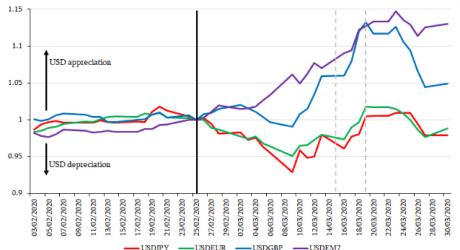In a remarkable diplomatic feat, India has managed to secure unanimous support for the G20 joint declaration during the summit in Delhi. Just days ago, the prospect of reaching a consensus seemed nearly impossible due to the deep divisions within the group over Russia’s invasion of Ukraine.
The outcome surprised many as it received backing from all G20 member nations, without a single dissenting voice. While Ukraine, absent from the summit, expressed dissatisfaction, key players including the US, the UK, Russia, and China hailed the declaration’s success.
But how did India accomplish this feat, bridging the wide gap in perspectives on Ukraine? A closer examination of the declaration and geopolitical developments leading up to the summit provides valuable insights.
One significant event was the decision by the five-nation Brics group (Brazil, Russia, India, China, and South Africa) to admit six new members during their annual summit in August. These new members, including Argentina, Ethiopia, Egypt, Iran, Saudi Arabia, and the UAE, share close ties with China. While this expansion may not have directly influenced the G20 summit’s outcome, it underscored the West’s concerns about China’s growing influence in the developing world.
According to Pramit Pal Chaudhuri, South Asia practice head of Eurasia Group, “The West, especially the US, is conscious that China is effectively trying to create an alternative international order that is anti-Western.” Furthermore, the West views India as a counterbalance to China, making it imperative for Delhi to secure a diplomatic victory.
The primary point of contention was Russia’s war in Ukraine. The G20 declaration from the previous year had explicitly called out “aggression by the Russian Federation against Ukraine,” a stance that some members had objected to. Reaching a compromise was essential, and India, with its amicable relations with both Moscow and the West, was well-positioned to facilitate one.
The final declaration refrained from placing blame on Russia for the conflict but did acknowledge the “human suffering and adverse repercussions of the conflict in Ukraine on global food and energy security.” This approach pleased Russia while still appeasing Western nations.
Angela Mancini, partner and head of Asia-Pacific markets at Control Risks, emphasized that the West was keen on India’s diplomatic success, stating that “there was always a compromise involved.”
Additionally, the G20 summit addressed concerns regarding the debt crisis faced by many developing countries. Developing nations insisted on increased support from affluent countries, given the economic challenges exacerbated by the pandemic and the war. Although the declaration recognized the crisis and urged G20 nations to enhance the implementation of the common framework for debt relief, it made no direct or indirect mention of China, which holds significant debt owed by the poorest countries.
The G20 did agree to triple renewable energy capacity by 2030, although it refrained from setting specific emission reduction targets. Notably, there were no mentions of reducing crude oil use, focusing instead on phasing out coal, a stance that pleased major crude oil producers like Saudi Arabia and Russia.
In summary, India’s diligent efforts to build consensus among diverse viewpoints resulted in a diplomatic victory, albeit with compromises. The G20 summit highlighted the importance of inclusivity, with the inclusion of the African Union further underlining Delhi’s commitment to giving developing nations a more substantial voice on the global stage.
This G20 summit, as described by a Russian government negotiator, was one of the most challenging in the forum’s history, underscoring the complexity of global diplomacy. The question remains whether the G20 will serve to unite rich and developing nations or contribute to a divided world.
Learn More About:















